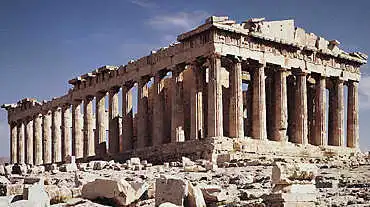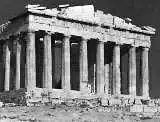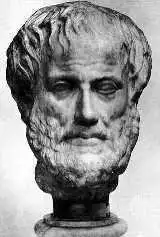Cosmos of the Ancients The Greek Philosophers on Myth and CosmologyProtagoras here most of those mentioned above may have had critical comments on how Homer and Hesiod portrayed the gods, but still insisted on their glorious existence, one way or another, or avoided exploring the issue, the sophist Protagoras (circa 481-411 BC) is said to have been driven out of Athens for doubting the very existence of the gods or, to be more precise, human ability to confirm it.
here most of those mentioned above may have had critical comments on how Homer and Hesiod portrayed the gods, but still insisted on their glorious existence, one way or another, or avoided exploring the issue, the sophist Protagoras (circa 481-411 BC) is said to have been driven out of Athens for doubting the very existence of the gods or, to be more precise, human ability to confirm it.
His book On the gods (Peritheon) started with this statement: As to the gods, I have no means of knowing either that they exist or that they do not exist. For many are the obstacles that impede knowledge, both the obscurity of the question and the shortness of human life. For this he was in the year 411 BC accused of impiety, resulting in the burning of his book. According to some sources he was also banished for life from Athens. This fate of his makes it clear that it was not without risk, in his time, to question the gods, so there is a possibility that he had refrained from denying the existence of the gods completely, out of fear of judicial consequences if so, a futile attempt. This is not very likely, though, since his view on truth in general was, that nothing is certain beyond the cognition of the individual mind, expressed in his famous saying: "Man is the measure of all things; of what is, that it is; of what is not, that it is not." The world is really, what it is to the person perceiving it though only to that one. To another one, the world is another. This principle, refuted by Plato in his book Theaetetus, makes it equally impossible to deny as to confirm the existence of the gods outside of the impression or conviction of the individual. In the book Plato named after Protagoras, he and Socrates debate questions on virtue, its unity and adaptability, where they take turns in winning arguments, in a way that clearly shows Plato's respect for the sophist, although their fundamental views are irreconcilable. As sort of a peace offering, they digress into the analysis of an old poem by Simonides. Apart from the reaction to On the gods, Protagoras was uniquely successful as a lecturer for some 40 years, being able to charge as much as 100 minae for his lecturing and Plato says that he made more money than Phidias and ten other sculptors. The burning of books must have been done thoroughly, and not restricted only to On the gods, since only fragments remain of his writing, although it was voluminous. Diogenes Laertius makes him the student of Democritus, but this is very likely a mistake, considering that Protagoras was his senior with about 20 years.
LiteratureDiogenes Laertius, Lives of Eminent Philosophers, translated by R. D. Hicks, volume II, Loeb, London 1950.Plato, Theaetetus.
© Stefan Stenudd 2000

The Greek Philosophers
AristotleIntroductionAristotle's LifeTimelineAristotle's PoeticsAristotle's CosmologyAbout CookiesMy Other WebsitesCREATION MYTHSMyths in general and myths of creation in particular.
TAOISMThe wisdom of Taoism and the Tao Te Ching, its ancient source.
LIFE ENERGYAn encyclopedia of life energy concepts around the world.
QI ENERGY EXERCISESQi (also spelled chi or ki) explained, with exercises to increase it.
I CHINGThe ancient Chinese system of divination and free online reading.
TAROTTarot card meanings in divination and a free online spread.
ASTROLOGYThe complete horoscope chart and how to read it.
MY AMAZON PAGE
MY YOUTUBE AIKIDO
MY YOUTUBE ART
MY FACEBOOK
MY INSTAGRAM
STENUDD PÅ SVENSKA
|
 Cosmos of the Ancients
Cosmos of the Ancients